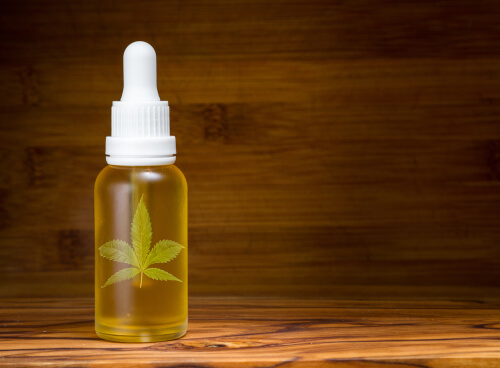
Around 70 million US citizens experience chronic insomnia yearly. It is possibly why the anticipated value of the market for cannabidiol for sleep by 2030 is around $163 billion. Despite cannabidiol’s retail popularity, as per researchers, there is not enough data about the phytocannabinoid for sleep.
There are some pieces of information about cannabidiol’s potential effects on human behavior, though. Researchers tried to look into cannabidiol’s effects on sleep quality and anxiety in 103 grown-up patients. They found that over two-thirds of those patients had better sleep scores over the first 30 days, but there were fluctuations in those scores over time.
A recent clinical study comparing cannabidiol with a benzodiazepine product with hypnotic effects, discovered that administering at least 160 milligrams of cannabidiol made its participants sleep longer. Other studies demonstrate that the levels of cortisol reduced thanks to the use of as high as 600 milligrams of cannabidiol. The drop in the levels of the hormone contributed to sedating effects on patients.
As per an analysis of the recent literature about cannabinoids for sleep, there may be therapeutic scope for cannabidiol as an insomnia treatment. The analysis also showed promise for cannabidiol for rapid eye movement sleep disorder and too much daytime sleepiness.
Researchers do not still know the exact biochemical interaction with which cannabidiol creates its therapeutic effects. However, the working notion about how CBD for sleep works indicates that it plays a role in reducing anxiety.
Cannabidiol can help the human endocannabinoid system in better maintaining circadian rhythms, thus impacting sleep. The word circadian rhythm refers to the biological process whereby the human body regulates one’s sleep-wake cycle.
Existing data indicate that endocannabinoid signaling is also implicated during the body’s circadian process. Imagine that cannabidiol affects the human endocannabinoid system. In that case, it could work in the form of a chronobiotic therapeutic element for people who have disrupted circadian functions. That is to say, if a human being finds it tricky to fall asleep and wake up daily, cannabidiol might be capable of helping them.
Can You Combine Cannabidiol And Melatonin?
There is not enough research about how blending melatonin and cannabis affects humans over a long time. However, as per the consensus of customers and brands, it is possible to blend melatonin and cannabidiol safely.
That said, as per Eloise Theisen, the Medical Product Reviewer of Leafreport, people should only use melatonin as a short-term solution for sleep.


